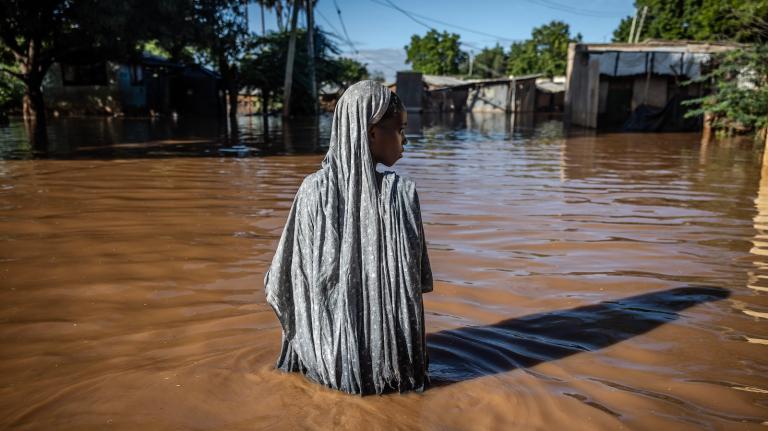Revlon’s eyeliners. Nabisco’s Oreo cookies. Caress’ Tahitian Renewal Silkening Exfoliating Pomegranate Seeds & Tahitian Palm Oil Body Wash. These are a few of the hundreds of everyday products containing palm oil — products that Walmart announced last week it would soon require to prove used only sustainably sourced palm oil. Meanwhile, the World Bank stopped lending to palm oil plantations in developing countries until it is satisfied that the industry is doing more good than harm to natural resources and local communities. So who could be against leaving our kids and grandkids food ingredients more sustainable and nutritious than Lady Gaga’s dress made of meat?
In a New York Times opinion piece, Thompson Ayodele, director of the Initiative for Public Policy Analysis, criticizes the World Bank for putting palm oil growers at financial risk because of “misguided pressure of environmental groups.” He goes on to say that palm oil is an “essential food in sub-Saharan Africa and other poor regions [and] is an indispensable source of vitamins and calories.” In Nigeria, he notes that palm oil even creates an alternative to that country’s petroleum-based economy for jobs.
Given these fundamentals, Mr. Ayodele asserts that the World Bank is prioritizing environmental concerns over alleviating poverty (presumably he would have disapproved of Walmart’s move too, had he heard of it before writing his op-ed). So are the world’s largest banker and its largest retailer both badly misguided? In fact, both Walmart and the World Bank have prioritized the long-term sustainable economic development of many over the short term and very unsustainable profits of a few.
Part of Walmart’s effort, for example, includes a plan to sell $1 billion per year of food products from small and mid-sized farms in developing nations, obviously at the expense of huge agribusinesses that currently supply the market. The company expects to reach about a million small farmers, training them to farm more efficiently and sustainably, thereby raising incomes up to 15 percent. To be sure, advisers on the project were concerned about massive deforestation in Borneo, Sumatra, and Brazil (to name a few regions) from agricultural practices, including palm oil plantations, but not just to protect endangered animals — wiping out rainforests has resulted in pollution, destruction of indigenous communities, and loss of precious topsoil that can’t be replaced for centuries. These are not merely the concerns of “misguided” green groups.
The World Bank too was listening to a very different drummer in raising concerns about palm oil. In fact, the lender was responding to concerns raised by small shareholders and indigenous groups in Indonesia concerned about World Bank support for projects of the massive palm oil producer Wilmar International. An independent auditor found that Wilmar ignored complaints about possible corruption, social, and environmental problems with its operations.
Certainly the palm oil industry has created jobs and benefited impoverished communities in many parts of the world, while providing a product that makes us healthier, prettier, and less dependent on fossil fuels. But “sustainable” should not be a word used by treehuggers alone. Sustainable economies depend on efforts like Walmart’s that will help local growers and ensure that future generations of farmers have productive land to till, while not decimating resources needed by other communities and businesses, large or small. When we take the politics out of these debates and invest based on a longer term strategy, the profits will be in the palm of our hand for generations to come.


